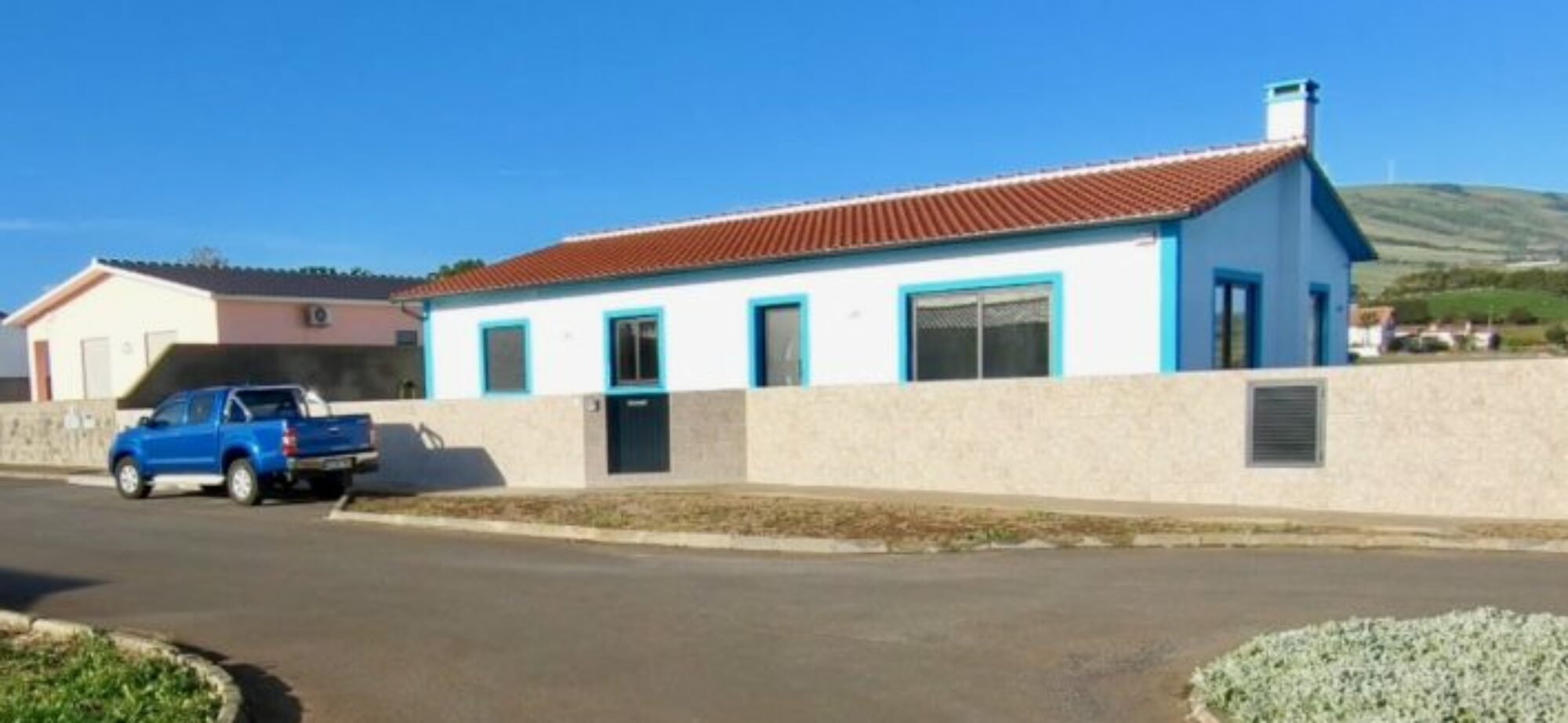He visited Terceira on the Beagle on 16 September 1836 and liked Terceira
When I announced I was retiring to this island, many many many (enough get the idea?) friends and family inquired regarding my sanity…seems no one thought I could just “retire,” as apparently some perceive it against my nature of staying busy. So I added that I would find something to occupy my mind … something besides gin and beaches.
My dear friend and colleague Vince provided me with a unique opportunity when he was researching where I would retire; Vince discovered a book by Patrick Armstrong from the University of Western Australia’s Department of Geology entitled Charles Darwin’s Last Island: Terceira, Azores, 1836. Vince also helped me get in touch with Professor Armstrong, who applauded my plan and sent me one of his last autographed copies of the 64-page book. Armstrong has written extensively on the voyages of the HMS Beagle and Charles Darwin.
My project to stay busy is to examine various accounts of the stop at Terceira (after five years at sea) before Darwin finally returned to England. My plan is to develop a presentation for tourists of Darwin’s stops around the island, his comments and impressions, and offer a better understanding of his work at Terceira. It seems Darwin liked the island, the geology, the flora and fauna, the people and culture. So do I. So to learn more about my adopted home, I will retrace his impressions. (To do the project justice, I must also learn more about some of Darwin’s observations in geology, botany, natural history, evolution, and socioeconomic cultures).
As a side note, Author Patrick Armstrong visited Terceira for his book in May of 1992, unbeknownst to me. At that time I was stationed at Lajes AB with the American Air Force and was busy planning my wedding to the most beautiful girl on the island in just a few months. Indeed, it is entirely possible that the professor and I dined at the same places and visited the same landmarks simultaneously and didn’t know it.
So if you’re used to being active, using both brain and technology to make some contribution to our civilization (no matter how small), and retiring, I suggest you look at your skills, find a project which keeps them sharp, and set a leisurely course for a project to give you something to think about … and if it helps you learn more about your new environment, so much the better.
